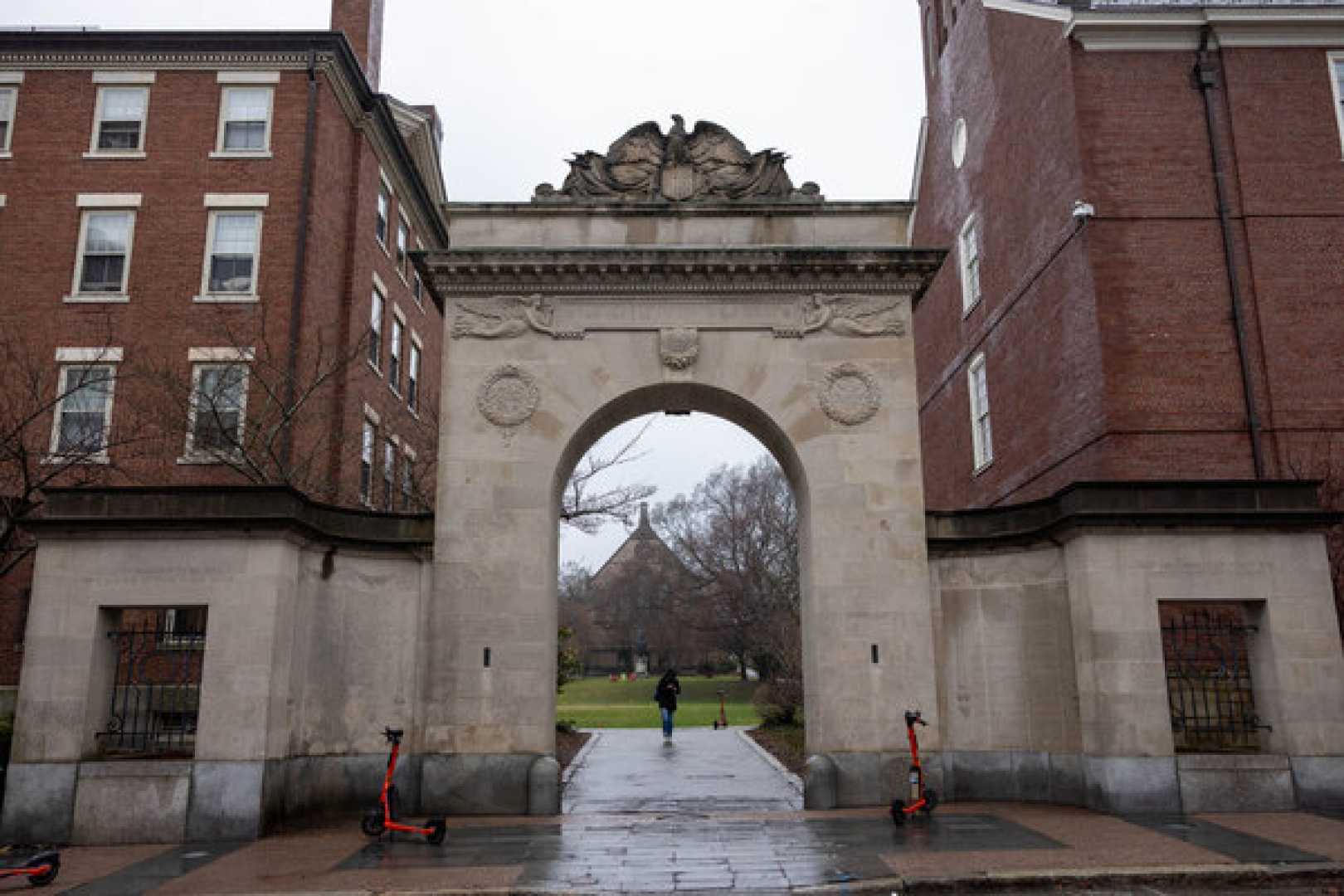Education
Brown University Reaches Agreement to Restore Federal Funding

PROVIDENCE, R.I. — Brown University announced Wednesday it has reached an agreement with the U.S. government to restore nearly $50 million in federal research funding and resolve ongoing compliance reviews. This agreement comes in the wake of allegations regarding the university’s adherence to diversity and inclusion practices.
In exchange for the funding restoration, Brown will invest $50 million over the next decade into state workforce development organizations in Rhode Island. This deal also addresses several investigations without requiring Brown to admit any wrongdoing.
University spokesperson Brian Clark confirmed the agreement but declined to provide specific details about negotiations with the federal government. Brown had faced significant federal funding cuts, including losses of more than $45 million from National Institutes of Health grants.
The decision follows similar settlements by other Ivy League institutions, including Columbia University, which recently agreed to pay over $220 million to restore its funding. Columbia’s deal included reforms in admissions policies and other compliance measures.
U.S. Education Secretary Linda McMahon praised the agreement with Brown, stating it will help combat antisemitism and promote meritocracy in admissions. This aligns with the Trump administration’s broader educational policies focused on accountability.
As part of the settlement, Brown must provide access to admissions data to ensure compliance with federal standards. Notably, the agreement restricts Brown from performing gender-affirming surgeries on minors.
Brown University plays a crucial role in Rhode Island’s economy and education landscape, receiving approximately $250 million in federal funding annually. The university has also faced a $46 million budget deficit and is under pressure to find new funding sources.
While many within the university community support Brown’s activism on these issues, there is concern about the long-term implications of the agreement. Critics argue that such negotiations may undermine academic freedom.
This evolving situation highlights the ongoing tensions between higher education institutions and the federal government regarding policy and funding. Additional developments are expected as the new academic year approaches.












